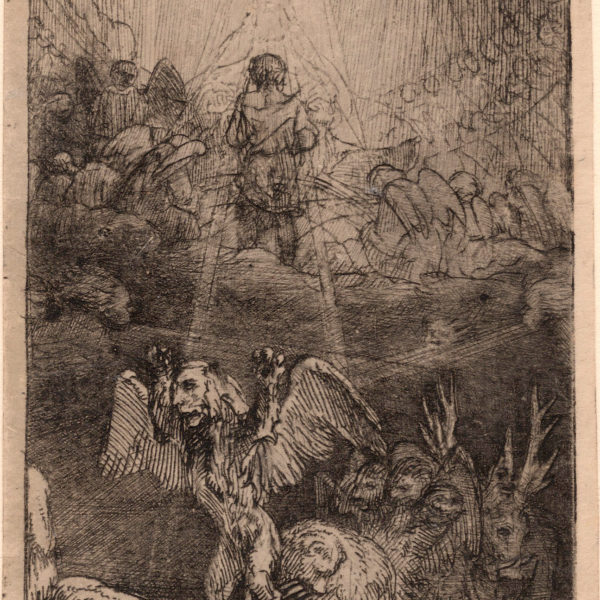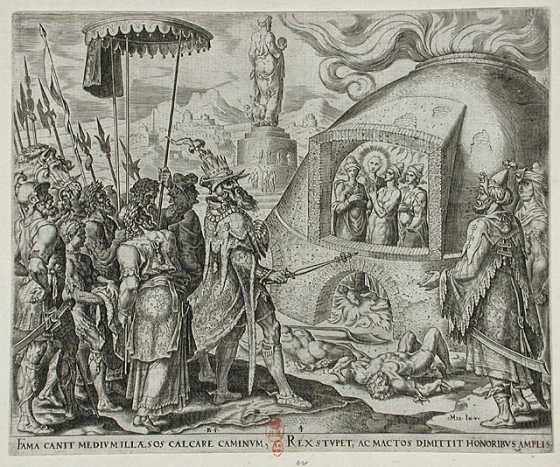
In a hateful political climate, it’s easy to feel defeat. However, Daniel 7 teaches us that God is present in the midst of oppression and intervenes as a liberator God. We must join in this liberation to defy feelings of defeat.

For those living in powerful nations, for those prospering in the global economy, our response to the Reign of Christ Sunday might better be one of repentance than triumph, of humility rather than arrogance. For the reign of Christ stands in opposition to our own reigns, as the world is turned upside down, bringing judgment for those in power and justice for those who have suffered.

The story of the deliverance of Daniel’s three friends from persecution for their faith takes an unpleasant turn as a new form of religious oppression is set up as its immediate effect. Apparent victories are all too often co-opted by the vicious dynamics of the political systems that they appeared to have overcome. In Advent, however, we see a political rupture that can never be dissolved back into the prevailing power structures.

Increasingly in liturgical circles it is becoming politically incorrect to talk about the “kingship” of Christ. Such a term now brings with it all the baggage of patriarchal interpretations of the biblical text. It calls to mind the exploitation brought about by colonial powers, abuses of power at the hands of politicians, and perhaps every abuse of power—abuses which represent heinous tragedy and sin. However, while we lament such abuse it is important to remember that power, in political terms, is itself neutral. It is a gift given by God in creation, which when wielded in the hands of human beings can be used for either selfish or selfless purposes (usually with correspondingly negative or positive results). Unfortunately, too often we as human beings struggle to monopolize power for our own sakes and consequently abuses occur…